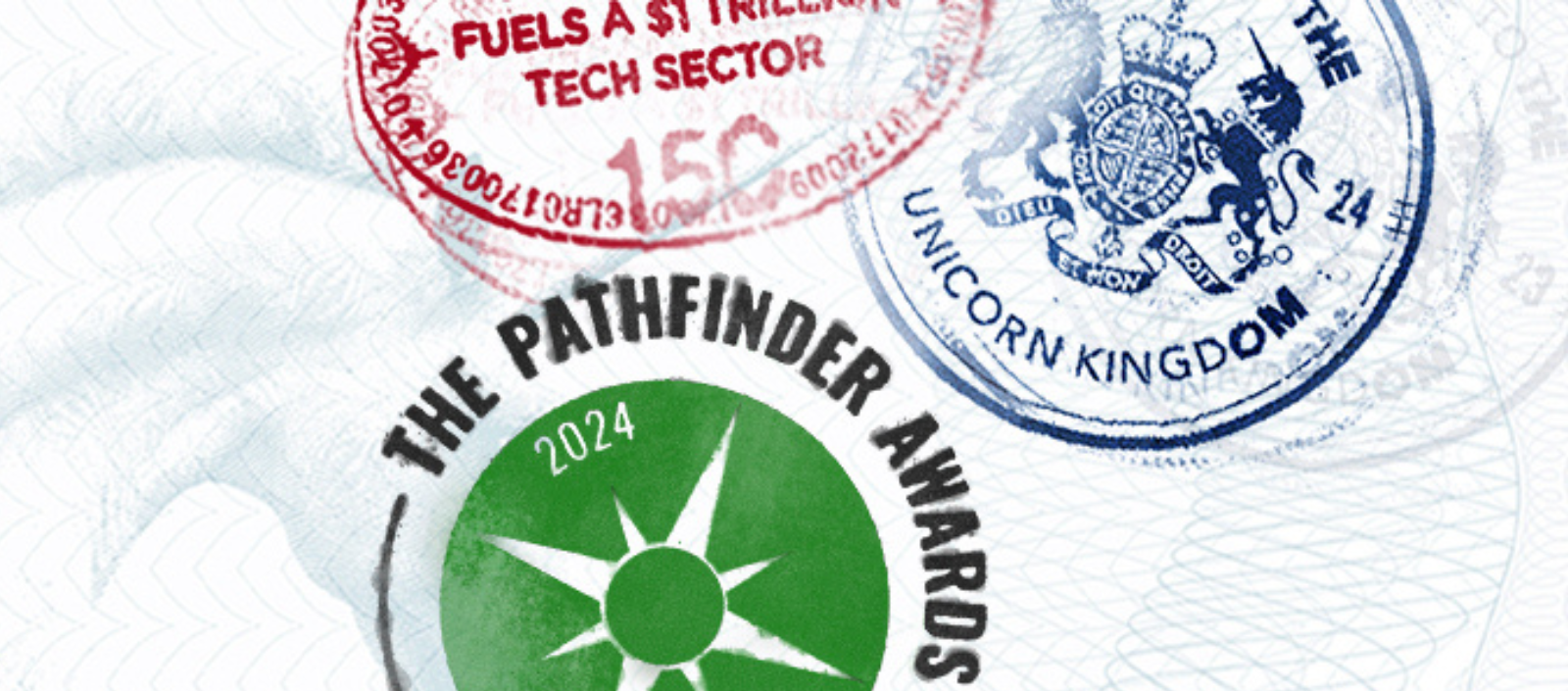OTTAWA — National Security Adviser Jody Thomas has warned Prime Minister Justin Trudeau of possible backlash during planned public consultations on foreign agent registration.
In a note sent in August, Ms. Thomas mentioned that these discussions could generate a wide range of reactions, ranging from strong praise to reservations.
“The concerns could be even greater, as some foreign governments, such as Russia, have used ‘foreign agent records’ to silence activists and shut down critical government agencies,” Thomas said.
However, he said, national security experts, Canada’s allies and diaspora groups targeted by hostile states “will likely welcome these moves.”
Canadian Press obtained the story, stamped “Secret/For Canadians Only,” through the Access to Information Act. Portions of the document, including confidential cabinet discussions and information about internal consultations, were not shared.
The note reveals that M. Trudeau is having a discussion on June 30 with the Australian Prime Minister, Anthony Albanese, subject to “la mise en place d’un registre des agents étrangers au Canada et de l’expérience de l’Australia” in this regard”.
Australia introduced its Foreign Influence Transparency Scheme Act five years ago to prevent outside interference in the country’s affairs.
Internationally, foreign agent registries are considered one of the best practices for countering malign outside influence, the memo says. The US Foreign Agents Registration Act has been in place since 1938 and the UK has also decided to implement such a system.
Registries may require people to formally register with the government they are trying to influence to make these interactions more transparent, with the possibility of fines or even jail time for failing to do so.
Following a series of media stories about allegations of foreign interference, Public Safety Canada announced public consultations earlier this month on how Canada could implement a registry.
However, Ms. Thomas’ memo indicates that last summer the department was considering even broader public consultations that would explore not only the possibility of creating a foreign registry, but also other measures to counter what the government calls hostility from state actors.
Such activities, intended to undermine Canada’s interests, include deceptive, coercive, covert, threatening or illegal actions. Their goals are to influence decisions, gain military or economic advantage, or gain access to sensitive information or technology.
“Hostile actors have become increasingly adept at exploiting Canada’s open and democratic system,” the memo argues.
Broader consultations could look at changes to the Canadian Security Intelligence Service Act, the Penal Code or the Privacy Act, it adds.
Ms Thomas confirmed to Mr Trudeau that “in accordance with his instructions, his office is involved in planning the consultations”.
Public Security Minister Marco Mendicino had indicated in an interview in late November that the government intended to hold public consultations on a registry of foreign agents.
But he also stressed the importance of equipping law enforcement and national security with “a broad range of tools” to counter not only foreign interference, but also “hostile activities by state and non-state actors,” cyberattacks, and ideological extremism.
Mr. Mendicino’s office did not immediately comment on the possibility of broader consultations.
Beyond the public disclosure requirements for foreign officials, Australia’s Foreign Influence Disclosure Scheme imposes additional registration requirements and bans on former ministers and senior officials, Thomas notes.
It includes a lifetime registration requirement for former ministers who continue to work for a foreign director after leaving the civil service. In addition, any Australian who has acted as a foreign agent cannot serve in the cabinet.
Australia’s experience shows that some former politicians and senior officials chose to cease their activities as foreign agents rather than go public with their associations, the note said. Other agencies have halted their operations to avoid having to register or have proactively clarified their arrangements with foreign directors to comply with the law.

“Total social media fan. Travel maven. Evil coffee nerd. Extreme zombie specialist. Wannabe baconaholic. Organizer.”







